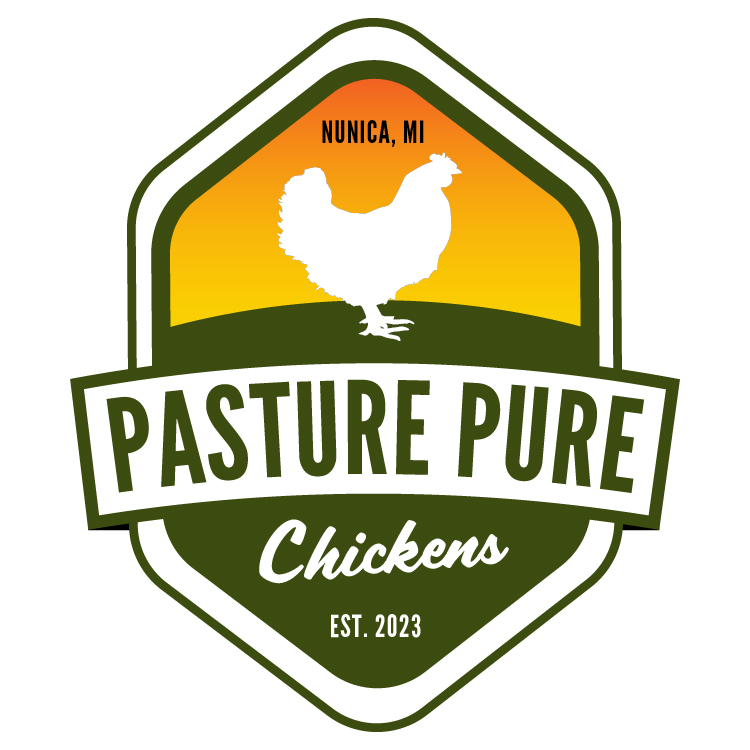Have you ever found yourself mulling over the meat counter at your local grocery store, trying to make sense of labels like “pasture-raised” and “free-range”? You’re not alone. The world of poultry, especially when it comes to nutritional content, can be a bit of a maze. But don’t fret, because today, we’re diving deep into what “pasture-raised” really means and why it might be the golden ticket for your dietary needs.
Why the Buzz Around Pasture-Raised?
Pasture-raised poultry enthusiasts don’t just love the sound of clucking hens basking in the sun. There’s a significant nutritional debate underlying their preference. As David Hale pointed out, when making claims about the superiority of pasture-raised poultry, it’s crucial that we’re both responsible and factual.
The Science Behind the Green:
It was during a fascinating webinar by the Food Animal Concerns Trust that I had an ‘aha!’ moment. Nutritionist Collette Lentz, MS, highlighted some stark differences between our feathered friends who roam the pastures and those who don’t:
- The Grass Advantage: While chickens don’t have a rumen (a stomach compartment some animals use to break down grass), they undoubtedly benefit from nibbling on green pastures. These greens aren’t just a chicken’s better day out in the sun; they significantly influence the nutritional profile of the meat.
- Fatty Acid Absorption: The nutrition of monogastric animals, like poultry, is intriguing. As Lentz explained, “They absorb fatty acids in the same proportion as found in their diet.” This means if they’re munching on healthier fats, the meat they provide will mirror that health benefit.
Decoding Dietary Fats:
Now, if you’re like me, all fats might seem the same – confusing. But, with Lentz’s guidance, it’s a bit clearer:
- The Bad Fats: Think of those artificial trans fats you find in processed foods. However, there’s an exception: Conjugated Linoleic Acid (CLA) is a natural trans fat with potential health benefits.
- The In-between Fats: Mainly sourced from meats and dairy, these are the saturated fatty acids (SFAs). But don’t brush them all with the same brush; some, like stearic acid, aren’t the bad guys.
- The Good Fats: The heroes of our story – the monounsaturated (MUFAs) and polyunsaturated fatty acids (PUFAs). The latter boasts of vital omega 3 and 6, but remember, it’s the ratio that counts. A lower Omega 6:3 ratio is our nutritional goal.
Reaping the Benefits of Pasture-Raised:
With pasture-raised chicken, expect:
- An iron boost.
- Elevated Omega 3 levels.
- A favorable Omega 6:3 ratio.
- A sprinkle of antioxidants, notably Vitamin E.
Looking Beyond the Fats:
Dietary conversations might be dominated by fats, but let’s not forget the unsung heroes. Vitamin E, prevalent in pasture-raised chicken, is a potent antioxidant. And, given the alarming number of Americans deficient in vitamin D, it’s worth noting that pasture-raised eggs can be a great source.
In Conclusion:
A balanced diet is our fortress against a slew of ailments. And when you bring pasture-raised poultry into the mix, you’re not just making a culinary choice; it’s a health boon.
Curious for more? Dive into the detailed insights presented by nutritionist Collette Lentz, MS, during her webinar for the Food Animals Concerns Trust here.
